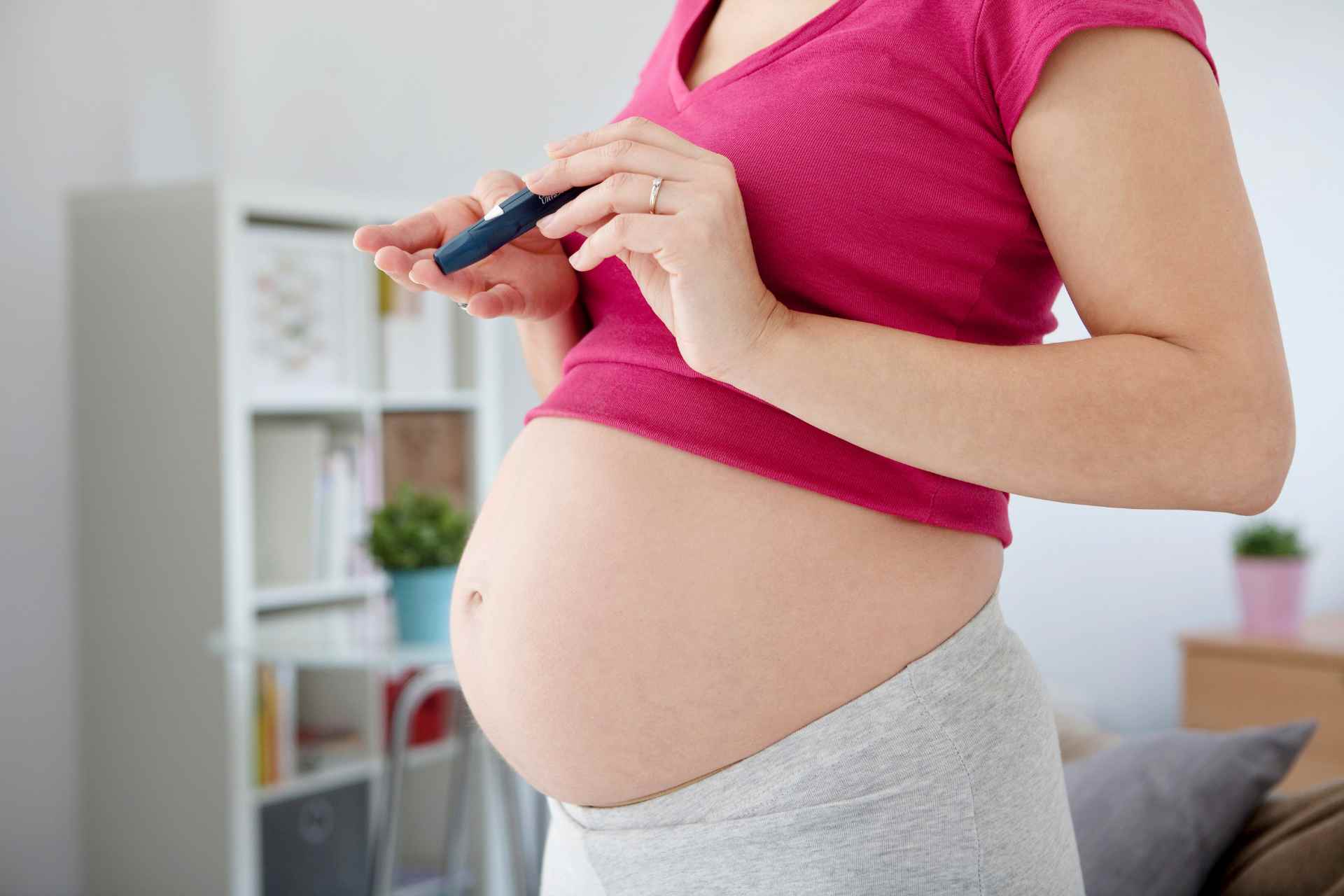What is already known
Gestational diabetes is a form of high blood sugar affecting pregnant women. As the incidence of gestational diabetes increases worldwide, its early diagnosis may reduce complications to mothers and newborns. But although alterations of the gut microbiota have been associated with type 2 diabetes, it’s still unclear how gut bacteria may contribute to gestational diabetes.
What this research adds
Researchers analyzed the gut microbiota and its metabolites as well as inflammatory molecules, diet and clinical records of nearly 400 women during the first trimester of pregnancy. The team found that women who went on to develop gestational diabetes had increased levels of inflammatory molecules, decreased fecal short-chain fatty acids and altered microbiotas compared to women who didn’t develop the condition. Transferring microbes from the guts of women with gestational diabetes to germ-free mice drove inflammation and insulin resistance in the animals.
Conclusions
The findings suggest that biomarkers such as the gut microbiota composition may help develop diagnostics and therapeutic approaches for gestational diabetes.
Over the past 30 years, gestational diabetes — a form of high blood sugar affecting pregnant women — has become increasingly prevalent. Now, researchers have found a microbial signature that may help identify women who are at risk of developing the condition.
The findings, published in Gut Microbiota, suggest that biomarkers such as the gut microbiota composition may help develop diagnostic and therapeutic approaches for gestational diabetes.
Identifying this condition early during pregnancy may reduce complications to mothers and newborns. But although alterations of the gut microbiota have been associated with type 2 diabetes, it’s still unclear how gut bacteria may contribute to gestational diabetes.
To identify biomarkers that could help predict who is at risk for gestational diabetes, Omry Koren at Bar-Ilan University and his colleagues analyzed the gut microbiota and its metabolites as well as inflammatory molecules, diet and clinical records of nearly 400 women during the first trimester of pregnancy.
Microbial signature
About 10% of the participants went on to develop gestational diabetes. These women showed increased levels of inflammatory molecules called cytokines and decreased fecal short-chain fatty acids compared to healthy controls, the researchers found.
Women who developed gestational diabetes also had altered gut microbiotas, including lower levels of Prevotella than controls.
Transferring microbes from the guts of women with gestational diabetes to germ-free mice drove inflammation and insulin resistance in the animals. Consistent with the observations in humans, Prevotella was reduced in mice that received a fecal transplant from women with gestational diabetes.
Diabetes biomarker
Next, the researchers built a machine-learning model based on microbiota composition, cytokine profile, medical records and dietary information in the first trimester of pregnancy to identify women at risk of gestational diabetes. Medical records and gut microbiota composition were the most accurate features to predict gestational diabetes, the researchers found.
The team then validated the predictive power of their model on a group of 98 women who developed gestational diabetes from a study done in China.
“Using a combination of ‘omics’ tools, we identify biomarkers of [gestational diabetes] onset as early as the first trimester of pregnancy,” the researchers say. Their findings indicate that fecal short-chain fatty acids may serve as a biomarker for gestational diabetes in early stages of pregnancy.











